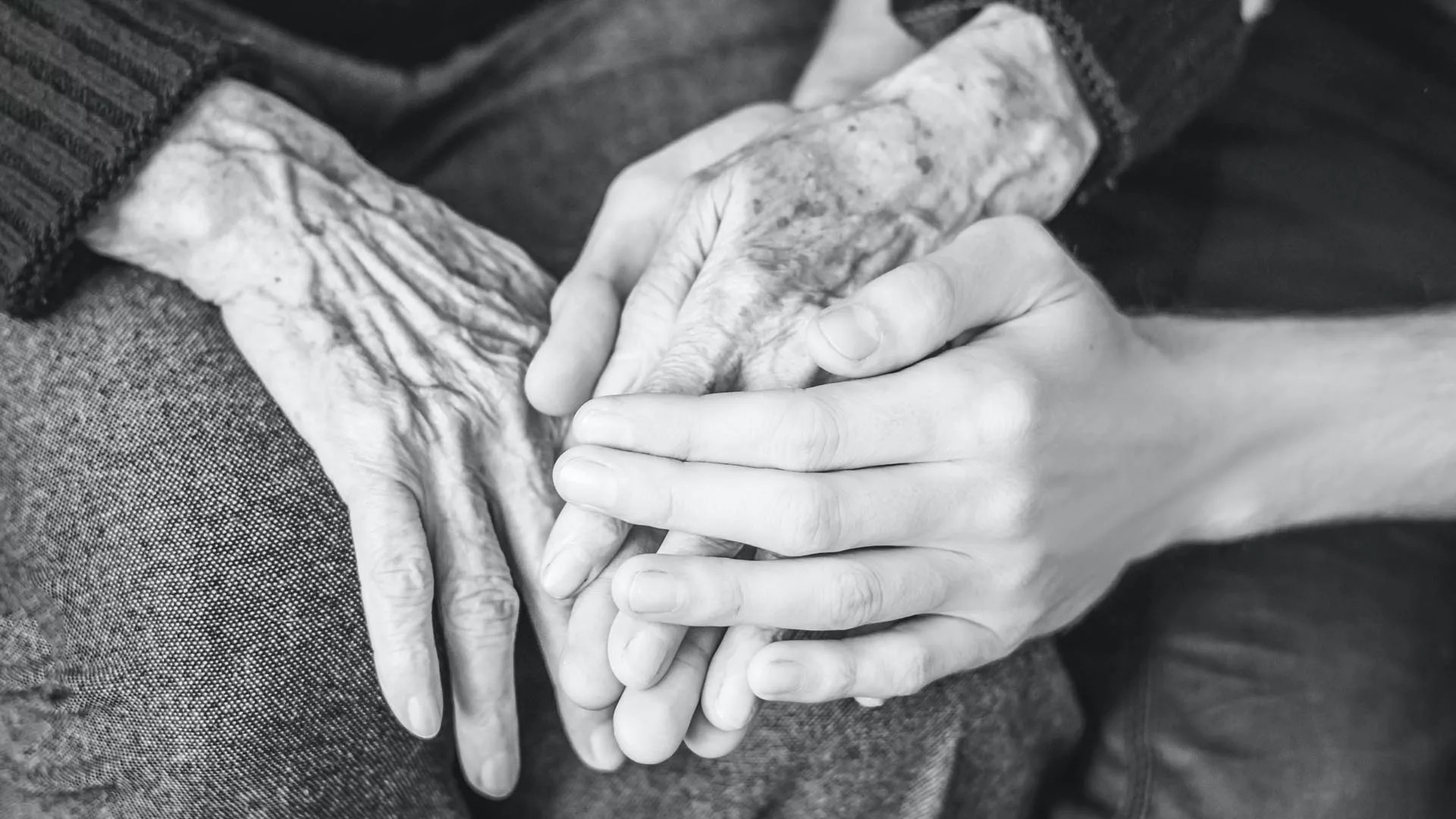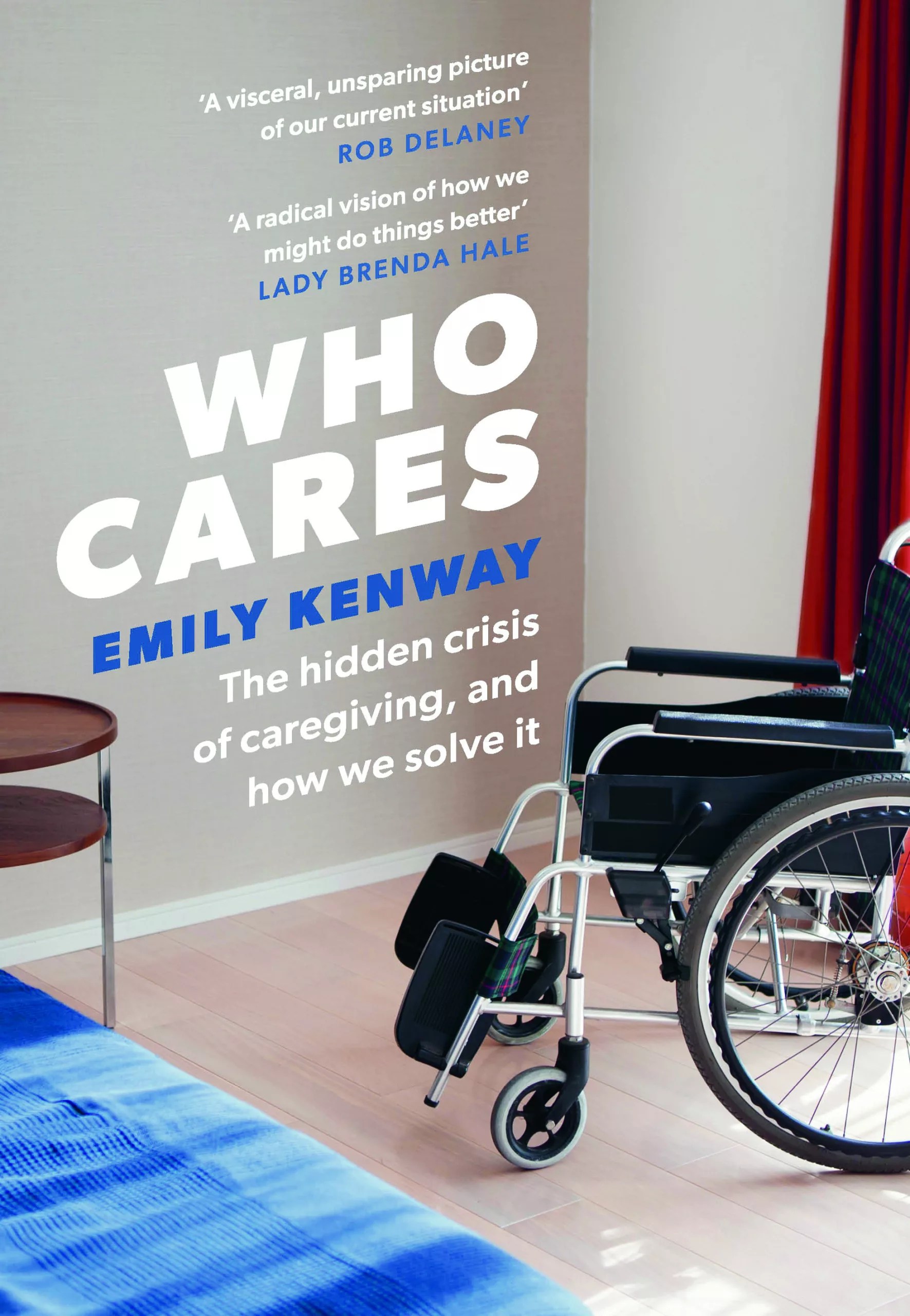How long do you expect to live? Eighty years? Ninety? Perhaps you’re hoping for the big 100? Thanks to advances in medicine, these aren’t outlandish goals – we now live longer than ever before. But while we benefit from this miracle of our modern world, there’s also a cost: older people need more care.
Already in the UK today, there are at least six million people caring for a loved one who’s long-term sick, elderly or impaired, or all three. That’s around 9% of the population. And it’s only going to increase.
Modern medicine has extended our lives, increasing the number of ‘oldest-old’ (over 85s) and extending the longevity of those suffering from diseases – someone with Parkinson’s can now expect to have the same lifespan as someone without, and dementia patients can survive up to 20 years. This means that many of us may spend more years caring for elderly and sick loved ones than raising children. Eldercare is becoming the new childcare.
But you wouldn’t know it from looking at our social and political arrangements. Consider the workplace. The work world has long been the battleground of a clash between work and care. Parents (mainly mothers) have fought hard to win entitlements that enable them to bear children without detriment to their income or status. That’s why we have the legal right to paid parental leave, which was first introduced in 1975. But it’s not the 1970s now. In a world in which eldercare is catching up to parenting, we need new rights.
Today, if someone you love needs your support – perhaps they become terminally ill or need help after an operation – you have no right to paid leave from work to be with them. You’ll have to choose between your job and love. If you do leave work, you can claim Carer’s Allowance, the benefit available to people who provide care for 35 hours or more each week. But take a glance at the numbers – statutory maternity pay is currently £172.48 per week, while Carer’s Allowance is £76.75. While neither amount is sufficient to meet living costs, the discrepancy is a bald statement of how we recognise and privilege parenting over other forms of care.
- What support is available for unpaid carers?
- Carers Rights Day: Unpaid carers ‘save UK £530 million every day of pandemic’
- ‘The government takes advantage of our love’: Families caring for child relatives plead for help
Your support changes lives. Find out how you can help us help more people by signing up for a subscription










